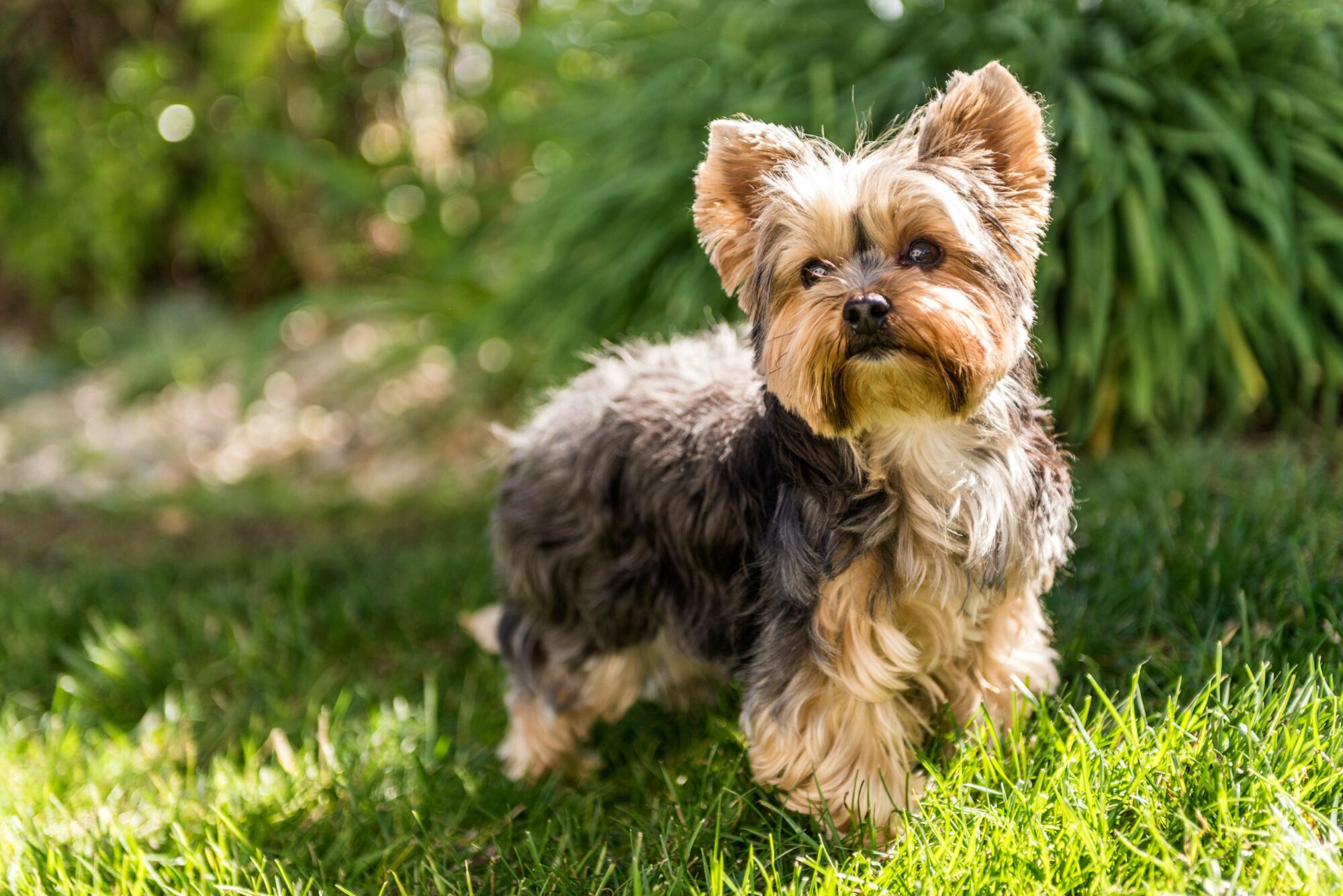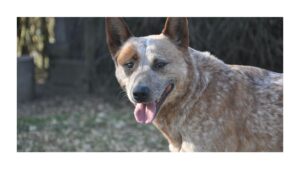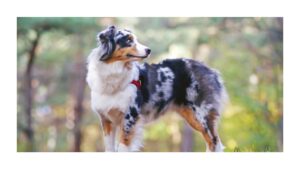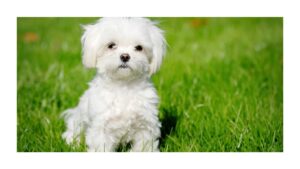The Yorkshire Terrier, or Yorkie, is a popular small dog breed that has captured the hearts of dog lovers around the world. Known for their big personalities and beautiful coats, these adorable dogs make wonderful companions for families, singles, and people in all kinds of living situations. In this article, we will explore everything you need to know about Yorkshire Terriers, from their history and physical traits to grooming, training, and health needs.
Origin and History of Yorkshire Terriers
The Yorkshire Terrier was originally bred in the 19th century in northern England, specifically in the county of Yorkshire. These little dogs were initially used for ratting and hunting small vermin in mines and factories. They were bred by combining several breeds, including the now-extinct Clydesdale Terrier, the Manchester Terrier, and the Skye Terrier. The breed’s tenacious hunting abilities made them highly valued for their work in industrial settings.
Despite their humble beginnings, the Yorkshire Terrier’s elegant appearance and brave personality quickly made them a favorite among wealthy families. In the late 1800s, the breed was officially recognized by kennel clubs, and since then, the Yorkshire Terrier has become one of the most popular toy breeds worldwide.
Physical Characteristics
Yorkshire Terriers are small in size, typically weighing between 4 to 7 pounds when fully grown. They have a distinctive long, silky coat that is one of the breed’s most notable features. Their fur is fine and glossy, and it can grow to impressive lengths if properly cared for. The color of their coat is usually a combination of tan and steel-blue, with the blue extending down the back and the tan coloring around the face and legs.
The breed has a small, compact body with a slightly rounded head, dark, expressive eyes, and a small, button-like nose. Their ears are usually pointed and stand erect, contributing to their alert and lively expression. Though small, the Yorkshire Terrier is full of energy and has a confident, bold posture.
Temperament and Personality
Yorkshire Terriers are known for their lively, confident, and sometimes feisty personalities. Despite their small size, Yorkies have a reputation for being brave and bold. They are known to be independent thinkers, which can make training a bit challenging, but they are also highly intelligent and eager to please.
These dogs are incredibly loyal to their owners and can form strong bonds with their families. They are typically affectionate, though they may be reserved or aloof with strangers. Because they are so devoted to their families, they can be prone to separation anxiety, so it’s important to provide them with plenty of attention and companionship.
Though Yorkies are small, they do not shy away from being vocal. They can be quite chatty, often barking at unfamiliar sounds, people, or animals. While this trait makes them good watchdogs, it can also make them prone to excessive barking if not trained properly.
Caring for a Yorkshire Terrier

Grooming and Coat Care
The Yorkshire Terrier’s long, flowing coat requires regular grooming to keep it looking its best. Depending on your preference, you can either keep the coat long or trim it short for easier maintenance. Regular brushing is essential to prevent tangling and matting. A fine-toothed comb is ideal for detangling knots, and a pin brush helps smooth the fur.
Bathing should be done every few weeks, using a dog-friendly shampoo to keep the coat soft and shiny. You should also trim their nails regularly and clean their ears to avoid infections.
Feeding and Nutrition
Yorkshire Terriers have small stomachs, so they require a high-quality, nutrient-dense diet in smaller portions. It’s essential to feed them food that is specifically formulated for small breeds to ensure they get the proper amount of calories, vitamins, and minerals. Avoid overfeeding them, as their small frame can easily lead to obesity if not managed properly.
Because of their tiny size, Yorkies may be prone to dental issues, so providing them with dental treats or using a toothbrush designed for dogs can help maintain their oral health.
Health and Common Issues
Yorkshire Terriers are generally healthy, but like all breeds, they are prone to certain health issues. Some common problems include:
- Dental disease: Their small mouths can lead to dental issues, so regular brushing and dental checkups are important.
- Luxating patella: This is a condition where the kneecap slips out of place, which can cause pain and lameness.
- Tracheal collapse: Due to their small size, some Yorkies may develop issues with their windpipe, which can cause breathing problems.
- Hypoglycemia: Yorkshire Terriers, especially puppies, are prone to low blood sugar, which can lead to weakness or seizures if not addressed.
Regular vet check-ups and a healthy diet can go a long way in preventing these issues.

Exercise and Mental Stimulation
Despite their small size, Yorkshire Terriers have plenty of energy and need regular exercise to stay healthy and happy. Daily walks and playtime are important for keeping them fit and mentally stimulated. Additionally, Yorkies are intelligent and enjoy mental challenges such as puzzle toys and interactive games.
Training a Yorkshire Terrier
Training a Yorkshire Terrier requires patience and consistency. These dogs are smart but can also be a bit stubborn at times. Positive reinforcement methods, such as treats and praise, work best with this breed. Early socialization and training are essential to help prevent behavioral issues, such as excessive barking or aggression toward other animals.
Yorkies can be a bit of a challenge to house-train, but with consistent training and frequent bathroom breaks, they can learn quickly. It’s also important to teach them basic commands, like “sit,” “stay,” and “come,” to ensure they are well-behaved and responsive to your cues.
Living with a Yorkshire Terrier
Ideal Living Environment
Yorkshire Terriers are highly adaptable and can thrive in various living environments, including apartments and houses. However, because they are so small, it’s important to make sure they are safe in your home. For example, make sure they cannot slip through small gaps or get injured by falling from heights.
Because Yorkies are highly social and love to be around their family members, they should not be left alone for long periods of time. They can become bored and anxious, which can lead to destructive behaviors.
Interaction with Children and Other Pets
Yorkshire Terriers are typically good with children, especially if they have been properly socialized. However, due to their small size, it’s important that children handle them gently to avoid injury. As with any breed, supervised interactions are recommended.
In terms of interactions with other pets, Yorkies are generally good with other dogs, but they may have a strong prey drive due to their history as hunters. This means they may not always get along with smaller animals like cats or rabbits.
Choosing the Right Yorkshire Terrier
When choosing a Yorkshire Terrier, it’s important to look for a reputable breeder who prioritizes the health and well-being of their dogs. A good breeder will provide you with health clearances and information about the puppy’s lineageYorkshire Terrier Alternatively, adopting a Yorkshire Terrier from a rescue organization is another great option.
Be sure to choose a dog that matches your lifestyle and living environment, and keep in mind that Yorkshire Terriers require a significant amount of time and attention.
Conclusion
The Yorkshire Terrier is a delightful companion for those looking for a small, intelligent, and loyal dog. With the right care, training, and attention, they can be a joy to have around. Whether you’re looking for a dog for your apartment or as a family pet, a Yorkie can be the perfect choice. Just remember to provide them with the love, exercise, and grooming they need to stay happy and healthy.






















